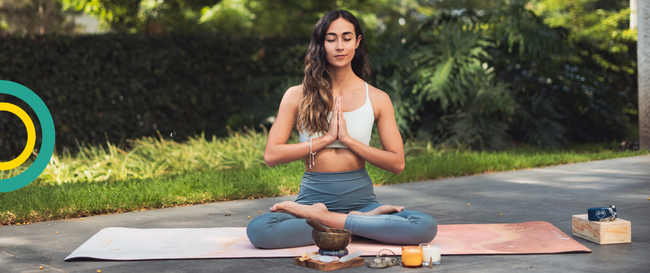Stress is a very natural part of life; the focus of this article is to raise awareness to a wide array of stress related symptoms and how to manage them effectively. Mainly there are two types of stress – emotional and physical.
Examples of emotional stress are relationship problems, major life changes, discrimination, financial difficulties and work-related difficulties. Examples of physical stresses include alcohol and drug abuse, recovering from injury or surgery, lack of sleep, experiencing pain and being ill.
Types of Symptoms of Stress
Excess or chronic stress may produce a wide spectrum of symptoms, and affect different parts of our body’s systems:
Cognitive Symptoms of Stress:
- Difficulty making decisions
- Racing thoughts
- Poor judgement
- Difficulty remembering information, both recent events and specific details
- Difficulty concentrating and maintaining focus
- Confusion and disorientation
- Impulsivity and indecisiveness
Emotional Symptoms of Stress:
- Feelings of hopelessness and loneliness
- Apathy and dissatisfaction – less interest in activities that are usually enjoyable
- Depression and mood swings
- Frequent irritability
- Unexplained and irrational fears
- Feeling overloaded and overwhelmed
Behavioural Symptoms of Stress:
- Excessive recklessness and risk taking
- Self-isolation
- Sleeping problems or irregular sleep
- Increased nervous habits
- Hyperactivity
- Tardiness
- Losing your temper easily
- Overeating and overindulgence
Physical Symptoms of Stress:
- Cold hands and feet
- Skin conditions
- Nervous tics or twitches
- Shortness of breath
- High blood pressure
- Muscle tightness and tension
- Migraines
- Hypoglycaemia (low blood sugar)
- Irregular appetite
7 Beneficial Habits to Combat Stress
Let us delve deeper into some proven, very helpful habits and routines to cope with stress:
-
Practice meditation and mindfulness
Use breathing techniques combined with positive imagery and thoughts.
-
Incorporate a positive daily practice into your routine
Make a list of activities that you enjoy and start taking time every week to incorporate more joy into your life; walking the dog, playing golf, taking a road trip, reading a book, etc.
-
Plan ahead
As the saying goes “failure to plan is planning to fail”. To the person that is chronically stressed, simple concerns and daily struggles may cause an unusual amount of anxiety. Planning will also give you a greater sense of control, allowing you to make decisions more effectively on the day.
-
Sleep well
Aim for a minimum of 7 hours sleep every day. Eight hours is the perfect number according to sleep experts. Try and keep your sleep and wake time constant and keep your room dark and cool. Try to avoid bright lights before bed, because bright lights at the wrong time of day will negatively affect the circadian rhythms of your body. Background noise has shown to be very effective in allowing you to sleep deeper – experiment with different sounds using an app on your phone, like sounds of waves crashing, raindrops, or even something as simple as a fan.
-
Spend more time with uplifting and positive people
Take part in activities with these individuals that bring joy to your life. Schedule more coffee dates and dinners with people important to you. Why not participate in a group activity like group classes at Urban Wellbeing or charity events? The benefits are enormous.
-
Stay hydrated, eat nutritionally dense and balanced foods
Nutrient imbalances may contribute to anxiety and stress levels. For example, a magnesium deficiency may make you feel fatigued and unable to concentrate well, low blood sugar may make you feel irritable and high blood sugar will make you feel sluggish.
-
Exercise regularly
Did you know that exercising acutely releases “feel good hormones” known as endorphins? Many psychologists believe the simple act of using our body for exercise is the most underused anti-depressant in the world, and the most accessible.
Disclaimer – Urban wellbeing and its associates offers health and fitness information and is designed for educational and entertainment purposes only. You should consult your physician or general practitioner before beginning a new fitness program. You should not rely on this information as a substitute for, nor does it replace, professional medical advice, diagnosis, or treatment. If you have any questions or concerns about your health, you should always consult with a physician, general practitioner, or other qualified healthcare professionals. Do not disregard, avoid or delay obtaining medical or health related advice from your healthcare professional because of something you may have read on our publications or lectures. The use of information provided through the urban wellness service is solely at your own risk and is not medical or healthcare advice.










1 Comment
I like this web blog it’s a master piece! Glad I detected this ohttps://69v.topn google.Blog money